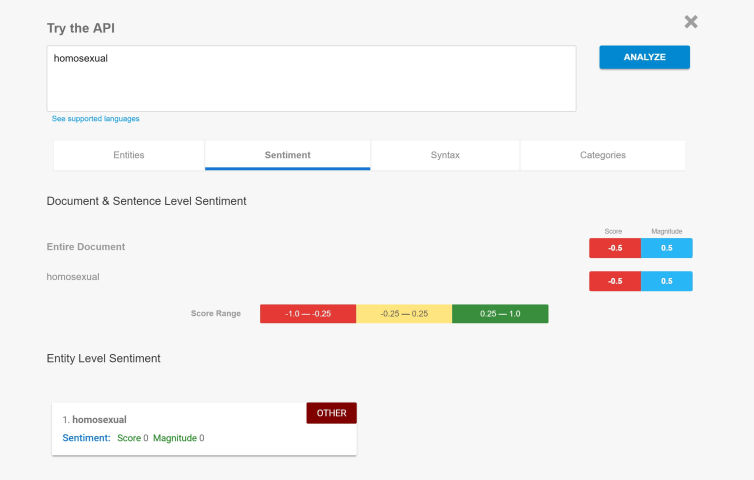Description: OpenAI's GPT-4o was found to have its Chinese token training data compromised by spam and pornographic phrases due to inadequate data cleaning. Tianle Cai, a Ph.D. student at Princeton University, identified that most of the longest Chinese tokens were irrelevant and inappropriate, primarily originating from spam and pornography websites. The polluted tokens could lead to hallucinations, poor performance, and potential misuse, undermining the chatbot's reliability and safety measures.
Entités
Voir toutes les entitésAlleged: OpenAI developed an AI system deployed by OpenAI et GPT-4o, which harmed OpenAI , Chinese-speaking users of ChatGPT , Researchers et OpenAI users.
Statistiques d'incidents
Risk Subdomain
A further 23 subdomains create an accessible and understandable classification of hazards and harms associated with AI
7.3. Lack of capability or robustness
Risk Domain
The Domain Taxonomy of AI Risks classifies risks into seven AI risk domains: (1) Discrimination & toxicity, (2) Privacy & security, (3) Misinformation, (4) Malicious actors & misuse, (5) Human-computer interaction, (6) Socioeconomic & environmental harms, and (7) AI system safety, failures & limitations.
- AI system safety, failures, and limitations
Entity
Which, if any, entity is presented as the main cause of the risk
Human
Timing
The stage in the AI lifecycle at which the risk is presented as occurring
Pre-deployment
Intent
Whether the risk is presented as occurring as an expected or unexpected outcome from pursuing a goal
Unintentional
Rapports d'incidents
Chronologie du rapport
Loading...

translated-fr-Soon after OpenAI released GPT-4o on Monday, May 13, some Chinese speakers started to notice that something seemed off about this newest version of the chatbot: the tokens it uses to parse text were full of spam and porn phras…
Variantes
Une "Variante" est un incident de l'IA similaire à un cas connu—il a les mêmes causes, les mêmes dommages et le même système intelligent. Plutôt que de l'énumérer séparément, nous l'incluons sous le premier incident signalé. Contrairement aux autres incidents, les variantes n'ont pas besoin d'avoir été signalées en dehors de la base de données des incidents. En savoir plus sur le document de recherche.
Vous avez vu quelque chose de similaire ?
Incidents similaires
Did our AI mess up? Flag the unrelated incidents
Loading...

Biased Sentiment Analysis
· 7 rapports
Loading...

TayBot
· 28 rapports
Incidents similaires
Did our AI mess up? Flag the unrelated incidents
Loading...

Biased Sentiment Analysis
· 7 rapports
Loading...

TayBot
· 28 rapports

